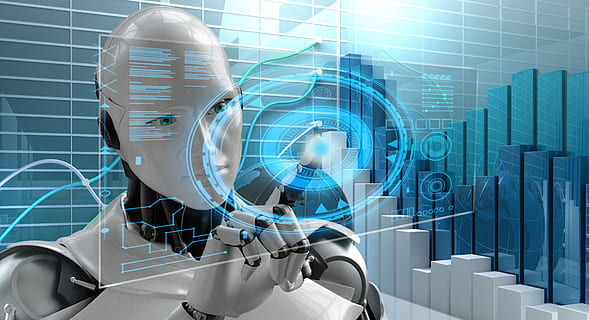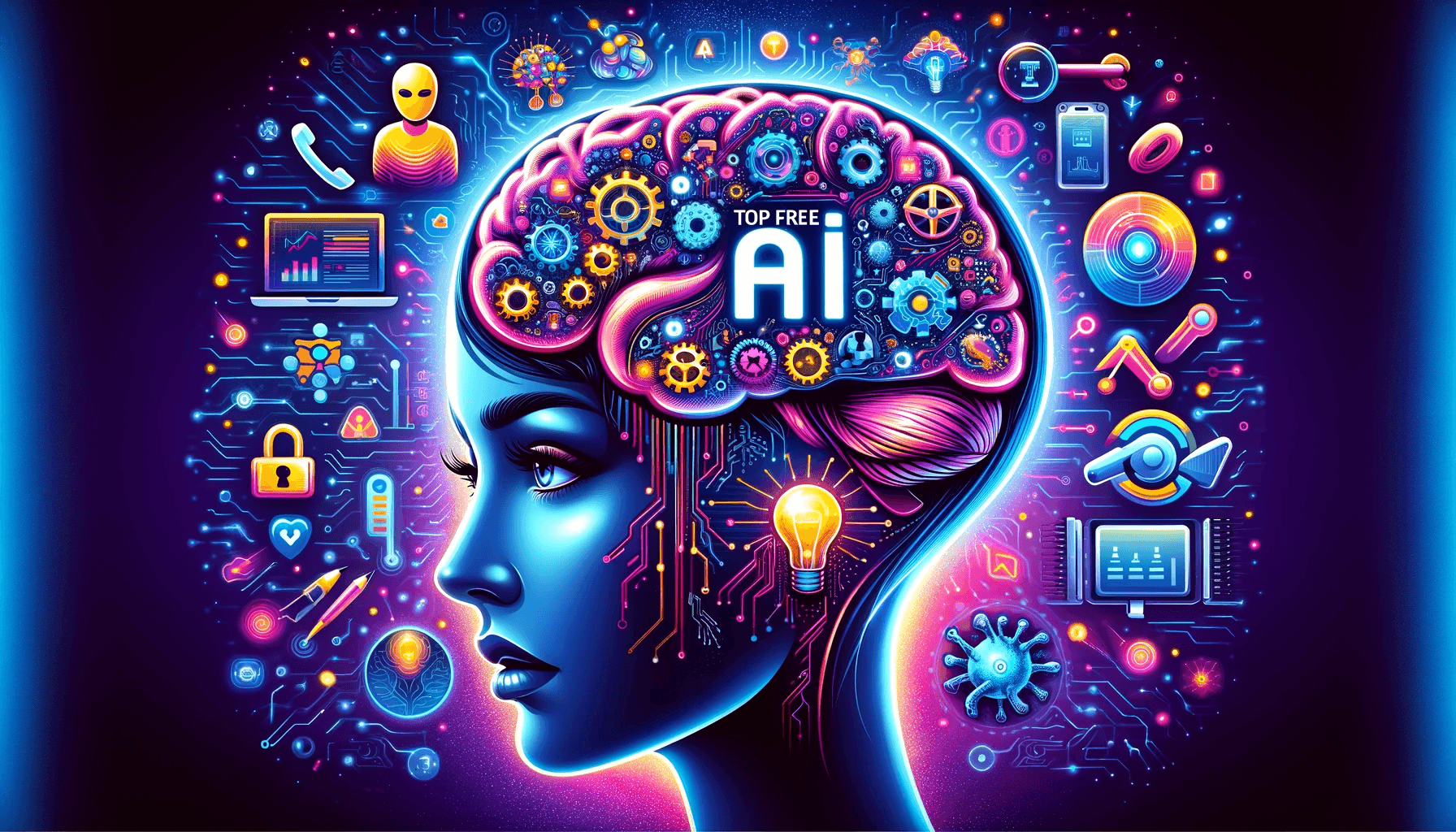Artificial Intelligence (AI) is revolutionizing space exploration and research. From enhancing spacecraft operations to supporting deep-space missions, AI plays a vital role in expanding our understanding of the universe.
What is AI in Space?
AI in space refers to the use of intelligent algorithms, machine learning, robotics, and autonomous systems to assist with space missions, data analysis, and the operation of spacecraft and satellites.
How AI Works in Space
AI systems in space collect and process vast amounts of data from satellites, space telescopes, and exploratory missions. By analyzing this data in real-time, AI can support decision-making, optimize mission plans, and manage complex space operations without constant human intervention.
Key AI Techniques Used
Machine Learning: Helps spacecraft adapt to changing space environments and predict potential equipment failures.
Robotics: Enables autonomous navigation, rover movements, and remote operations on planets like Mars.
Image Recognition: Assists in analyzing images of distant planets, asteroids, and galaxies for scientific research.
Natural Language Processing (NLP): Supports communication between astronauts and onboard systems through voice commands.
Benefits of Using AI in Space
AI enhances mission safety by enabling real-time decision-making and autonomous problem-solving in space where communication delays are common. It improves the efficiency of spacecraft operations, helps in the early detection of system malfunctions, and supports the exploration of distant celestial bodies with minimal human input.
AI also accelerates the analysis of massive datasets collected from space missions, leading to faster scientific discoveries and deeper insights about the universe.
Limitations to Keep in Mind
AI in space requires advanced technology, reliable power sources, and continuous updates to function effectively in harsh and unpredictable environments. Human oversight remains essential to manage unforeseen challenges.
Conclusion
The integration of AI in space missions opens new frontiers for exploration and innovation. By combining AI capabilities with human expertise, space agencies and researchers can achieve more ambitious goals and unlock the mysteries of the cosmos.







Leave feedback about this